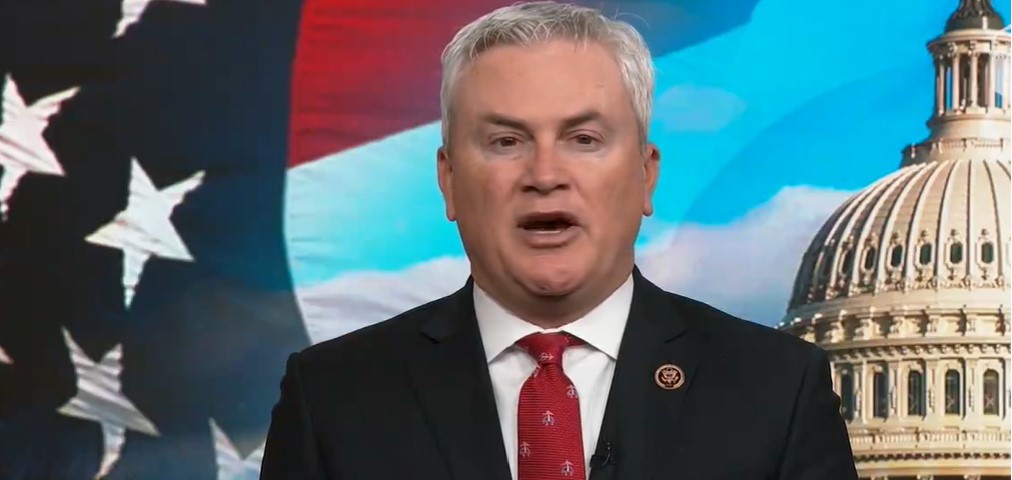Analysis of the Wall Street Journal Poll Controversy
The recent release of a poll by The Wall Street Journal has sparked a wave of discussion in the media, with claims that former President Trump is leading in six out of seven swing states over President Biden. This poll, funded by media mogul Rupert Murdoch and conducted by Trump’s own pollster, has raised eyebrows due to its implications for the current political landscape.
Unveiling the Truth Behind the Numbers
While initial reactions from pundits on cable news networks painted a bleak picture for the Biden administration, political analyst Simon Rosenberg has delved deeper into the data. According to Rosenberg, relying solely on polls sponsored by partisan sources such as Murdoch and Trump may not present an accurate reflection of the electorate’s sentiments.
- Rosenberg highlights that a closer examination of recent national polls paints a different picture. Over the past few weeks, there have been 14 polls showing President Biden in the lead, with many indicating a significant uptick in support for the Democratic Party.
- Even polls traditionally aligned with Republican interests have shown Biden’s popularity on the rise, contradicting the narrative pushed by the Wall Street Journal poll.
Rosenberg emphasizes the need for caution when interpreting polling data, particularly in the early stages of an election cycle. Drawing parallels to the lead-up to the 2022 election, he suggests that polls influenced by partisan agendas may not provide an accurate representation of the electoral landscape.
Challenges in Polling Accuracy
One of the key criticisms leveled at the Wall Street Journal poll is its perceived bias in favor of Trump, with assumptions about the composition of the electorate potentially skewing the results. The poll’s methodology and underlying assumptions have come under scrutiny, raising concerns about the reliability of polling data in shaping public perception.
Rosenberg warns against using polls as a tool for partisan messaging, highlighting the danger of shaping voter perceptions based on potentially misleading data. The prevalence of such practices in the media landscape underscores the need for a more nuanced and critical approach to interpreting polling results.
Ultimately, the controversy surrounding the Wall Street Journal poll serves as a reminder of the inherent limitations of relying on single-source data for election analysis. As the 2024 election cycle unfolds, it is crucial for media outlets and pundits to prioritize accuracy and objectivity in their coverage, steering clear of sensationalism and shallow narratives.
Image/Photo credit: source url





